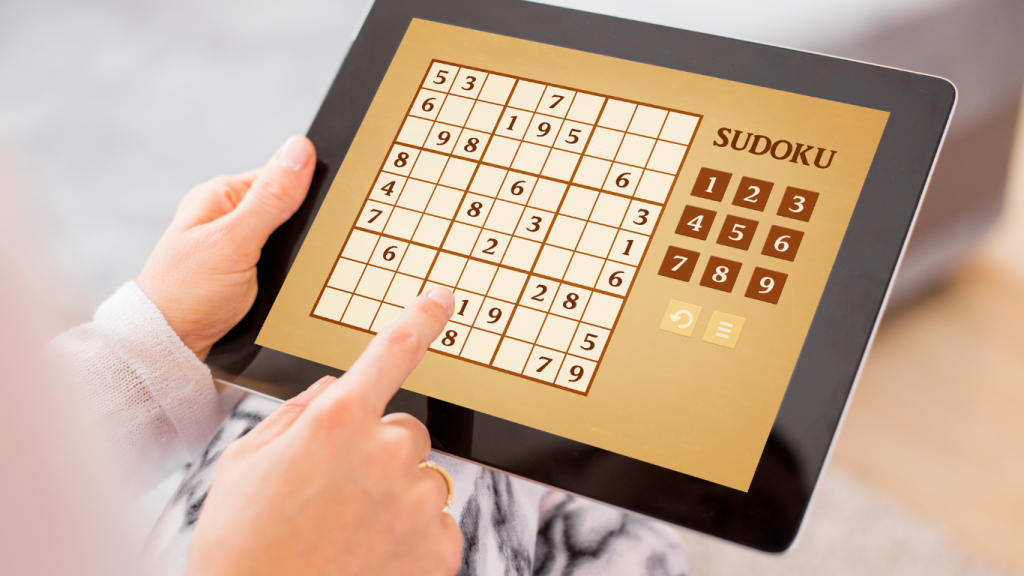
Social media is an increasingly helpful tool in every successful game developer’s arsenal, especially those who create online puzzle games. These platforms form conducive communities that engage and retain players while providing much-needed player-to-player interaction. Social media platforms are also vital for marketing new games and showcasing updates or features.
Developers who leverage social media enjoy enhanced player engagement in their online puzzle games. For instance, Bubble Shooter Classic uses its online presence to boost player retention and satisfaction by sharing fun updates and interacting with players. Plus, social media connections can be easily converted to valuable website traffic.
I’ve researched several case studies to learn how social media strategies can increase player engagement in online puzzle games. I’ve also gathered some engagement tactics successful game developers use to entertain different audiences.
Let’s dive in
Understanding Your Audience
The first step to maximizing your engagement is understanding the diverse audience of online puzzle games. Your demographic’s interests will determine the content you serve and how best to interact with your audience.
Here, analytics are invaluable because they provide insider-level knowledge while giving you crucial resources like competitor research. So, you can learn what your demographic enjoys from competitors and tailor content to different segments.
Also, developers of online games for adults and online puzzle games for kids target their audience differently. The former may choose Facebook as their preferred social media, while the latter may use TikTok. Each scenario interacts with its demographic on its preferred platform.
Content Creation Strategies
Behind-the-scenes Looks at Game Development
Behind-the-scenes content humanizes your brand and offers your audience an intimate peek into your process as a game developer. The unfiltered “bloopers” can also foster a sense of transparency and trust while providing entertaining and educational content.
User-generated Content Challenges
User-generated content (UGC) challenges are an effective way to attract and hook visitors to your online puzzle game. For instance, some puzzle gaming companies partner with influencers to create hashtag challenges, generating buzz around the game.
Highlighting Vintage Puzzle Game Classics
Creating content about vintage puzzle games is also an effective way to resonate with fans of online puzzle games.

By creating writeups or videos about these classics, you can evoke nostalgia and also attract the right audience to your game.
Image Source – Canva
Engagement Tactics
Social media is an invaluable resource for attracting the right eyes to your puzzle, but valuable engagement is what ensures recurrent visitors. Here are some tactics game developers can use to boost their engagement:
Hosting Live Q&A Sessions
Hosting live Q&A sessions helps brands interact with their audiences in real-time. You can also gain valuable feedback from fans while building loyalty and fostering a sense of closeness.
Running Contests
Running contests on social media is an effective way to generate excitement around your online puzzle game and encourage people to interact with your brand. Contests also help build community because it urges followers to share your content with their family and friends.
Featuring Player Achievements
Featuring player achievements not only keeps people playing, but it creates friendly competition as each player aims to receive recognition. Often, developers will also throw in tangible benefits, attaching more importance in the minds of players.
It is important to note that these tactics are highly adaptable, so you can tailor them for different audiences, including online games for adults and online puzzle games for kids.
Utilizing Platform Features
Certain social media features are popular for promoting online puzzle games among developers. For instance, Instagram stories allow brands to provide viewers a sneak peek of new games and features in casual 15-second clips.

On Twitter, polls present an opportunity for brands to interact with their viewers and understand their likes and dislikes, while Facebook facilitates a vibrant community for creating brand awareness.
Influencer Collaborations
Collaborating with influencers and gaming personalities promotes online puzzle games by increasing brand awareness and broadening their reach to a wider target audience. However, it is crucial to find the right influencers for your campaign.
To find the perfect match, you should consider their niche and reach. Niche focuses on a specific group of people who have similar interests to your brand, while reach focuses on the overall size of the influencer’s following.
Measuring Success
Finally, analytics are essential when measuring the success of your social media strategies. It allows brands to skip surface-level indicators and dive into crucial campaign-specific metrics.
Measuring performance also helps gaming companies make data-driven decisions when creating or optimizing campaign strategies. So, game developers are encouraged to use platform analytics to track engagement metrics and adjust their strategies according to online puzzle games.
Figuring Out The Social Puzzle
Mastering the social media terrain is key to getting online puzzle games in front of the right eyes. However, hooking your audience requires putting out quality content, community building and directly interacting with players to foster a loyal player base.
Like any new venture, building a social media presence can seem insurmountable without the right resources. Luckily, the above tips met you at the right time!






